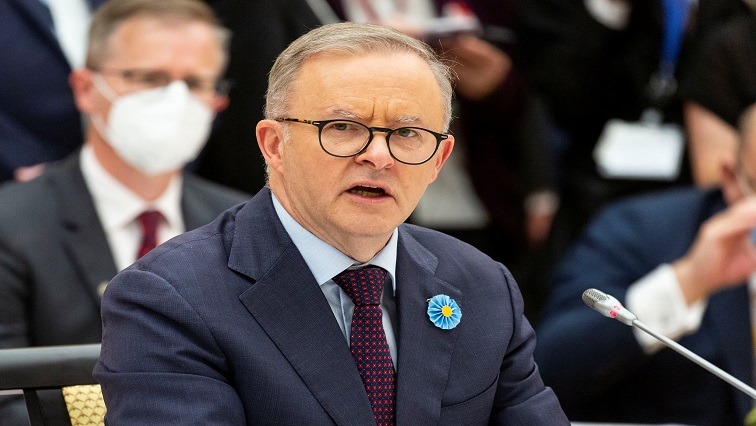Australia will launch subsidies and incentives modelled on similar efforts in the United States and Europe to help the giant commodity exporter bolster domestic manufacturing and promote industries it sees as vital to national security.
The “Future Made in Australia Act” will be unveiled by Prime Minister Anthony Albanese at a speech in Queensland state on Thursday.
While it comes with no price tag, at least A$18 billion ($12 billion) worth of incentives for renewable hydrogen, solar and manufacturing will be subsumed within the new policy rubric and additional announcements are likely in next month’s budget.
Albanese will point to government procurement contracts for local business, incentives for investors and regulatory reforms to fast-track infrastructure projects as potential areas of support.
“Our Government will be proactive when it comes to backing Australia’s comparative advantages and delivering on our national interests,” Albanese will say.
“Only Government has the resources to do that, only Government can draw together the threads from across the economy and around our nation.”
In the race to roll out clean energy and compete with China in manufacturing electric vehicles and semiconductors, seen as vital for economic prosperity and national security, governments in rich nations are spending billions on subsidies.
The biggest example is in the United States, with the Biden Administration’s $430 billion Inflation Reduction Act. The European Union has followed suit along with Japan and Korea.
Australia in turn needs to embrace a bigger role for government as an investor and market participant, Albanese will say.
“We must recognise there is a new and widespread willingness to make economic interventions on the basis of national interest and national sovereignty,” he will say.
Australia would be able to compete thanks to its abundant natural resources, proximity to Asia, highly educated workforce and democratic society.
Albanese will stress that the turn to government intervention is not a return to the protectionism or isolationism of old but instead a new form of competition.


